The Circular Economy and Sustainability
A so-called “circular” economy is defined as one that produces goods and services, while seriously limiting consumption and waste of raw materials, and the use of non-renewable energy sources.
"A circular economy has as its assigned target seeking methods to establish low consumption rates and the efficient management of Earth's depleting resources. The future will necessarily witness a deep-reaching mutation of all forms or organization (local and global) as well as of our life styles."
Research activities
Research unit involved
Plateform
- EcoCloud : The EcoCloud platform is designed for analysis assessment work on environmental impact, essentially carried out by the UTT-CREIDFD research team. The platform offers skills, methods and tools in line with the rules and standards of eco-design and industrial ecology; which ar used to evaluate strategic deployment scenarios in the search for potential sustainable development.
Innovations
Solar TearsThe objective of this research project is to improve access to drinking water for populations in developing countries, as an application of the precepts of “lean innovation” and recent technology-intensive solutions that take into account the specific socio-economic and cultural factors prevalent in the target populations (partner countries Kenya, India, Cambodia).
PNSI
This project benefits from funding by the ADEME (French Environment & Energy Management Agency) and is coordinated by the IEC (the Institute for a Circular Economy).
Part of the methodology has been field tested in 4 French regions, enabling the implementation of local circular economy projects. Some 600 private sector companies have identified and exchanged ideas about resources and needs, in the framework of the circular economy concept.
PST écoconception
In short this project covers Development and Instrumentation of analytical tools needed to measure environmental impact. Part of this project work was finalized in the framework of the MP-ACV (Life Cycle Analysis) project in liaison with the IRT – M2P and the ANRF project called “Convergence”.
Collaborations avec les entreprises
- Aproject on lean innovation, eco-design and personal protection gear for farmers using phytosanitary products & sprays, with ’Axe Environment’;
- Technical problems and Issues in industrial ecology and network modelling with ArcelorMittal;
- Regular expertise exercises in collaboration with the Institute of Circular Economy (IEC);
- Territorial and local ’embedding” and acceptance issues for nuclear power plants, with the electricity utility, EDF;
- Studies conducted with EDF on decentralized energy production, transmission and distributing systems.
Training packages
Vocational Degree Course
Control in traditional and renewable energy sources
In partnership with the Saint-Joseph Group, Troyes, this degree course trains professionals to produce, exploit and use renewable energy sources and to optimize energy consumption.Discover this training course
Master's Degree in
Environment and sustainable development engineering and management
This Master’s degree trains specialists in the strategies underpinning the “dematerialization” (paper free) of economic activities. The graduates here can help businesses and territorial local authorities to benefit from an uncoupling effect between financial and physical flows, using the principles of industrial ecology, eco-design an eco-technologies. Two course possibilities are offered: either the national course or an international course leading to a double degree in agreement with the Université de Sherbrooke, Québec, Canada.Discover this training course
PHD
Socio-Technological systems
Date of update 22 July 2025


